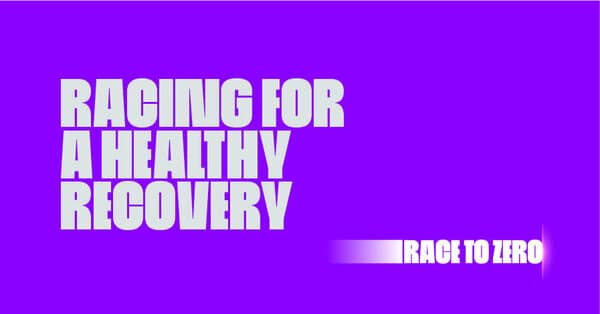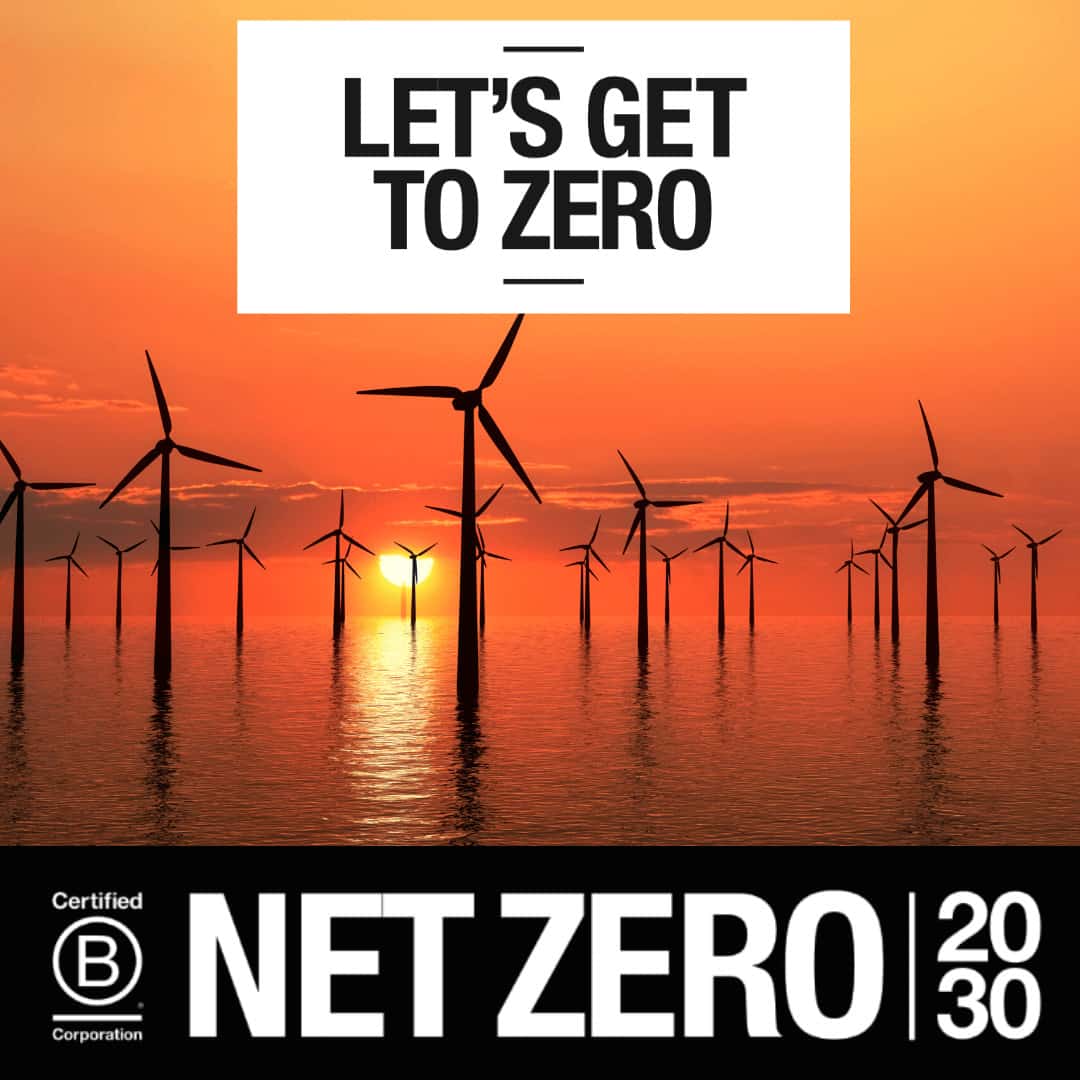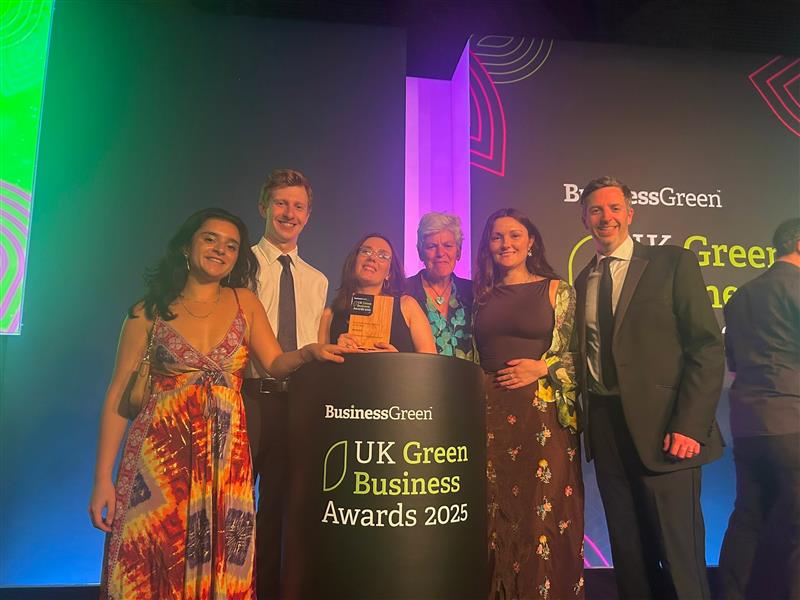Race to zero: the campaign mobilising businesses to reach net zero

As COP26 edges closer, all eyes are on the UK to set a precedent for global action on climate change. Experts have long agreed that in order to meet the target set out in the Paris Agreement of limiting global temperature rise to 1.5 degrees Celsius, greenhouse gas emissions will need to reach net zero as quickly as possible, meaning that the emissions we release through activities such as generating electricity, farming and transport must be equally balanced with the amount removed from the atmosphere. Achieving this will require the combined efforts of organisations and individuals at all levels of society, and the Race to Zero campaign aims to secure net zero commitments from as many actors as possible in the lead up to COP26.
Spearheaded by the UK’s High Level Climate Action Champion Nigel Topping, along with Chile’s High Level Champion Gonzalo Muñoz, the Race to Zero campaign recognises that the ‘real economy’ actors, who contribute to nearly a quarter of global CO2 emissions, will be crucial players in the strategy to limit warming.
By bringing together a coalition of leading networks and initiatives, the campaign represents a total of 454 cities, 23 regions, 1,397 businesses, 74 of the biggest investors, and 569 universities. Together they formed the Climate Ambition Alliance during the 2019 UN Climate Action Summit, committing to achieving net zero by 2050.
But the Alliance alone isn’t ambitious enough. The Race to Zero campaign is a step up from this commitment, with all participants pledging to reach net-zero emissions in the 2040s or sooner, with 2050 being the final deadline to meet this target. They will also need to present concrete plans on how they will achieve this goal at COP26 this year, setting an interim target which aligns with the IPCC’s recommendation of 50% emission reduction by 2030.
Many of the Race to Zero networks and initiatives are giving themselves even more ambitious commitments – among these the B Corporations, which form a community of businesses certified by B Lab as meeting the highest social and environmental standards. Through the B Corp Climate Collective, businesses commit to reaching net zero by the earlier deadline of 2030, with over 900 already signed up.

What steps are businesses taking to reach net zero?
To push off from the starting block, the racers will begin by calculating their current greenhouse gas emissions output. Emissions are divided into three types: Scopes 1, 2 and 3:
- Scope 1 emissions are direct emissions from owned or controlled sources, such as fuel combustion.
- Scope 2 emissions are indirect emissions from the generation of purchased energy. For many businesses, this would include purchasing electricity and heat for the workplace or company operations.
- Scope 3 emissions are all indirect emissions that occur outside of the business’ own operations. This could include employee commuting or business travel, purchased goods and services, and waste disposal.
Once a business has calculated their Scope 1, 2 and 3 emissions, the next step is to reduce these as much as possible, most likely through a combination of changing suppliers (e.g. switching to a renewable energy provider) and working practices (e.g. choosing video conferencing over business travel).
After this, businesses can use carbon offsetting to counteract any remaining emissions which can’t be reduced. This usually involves paying towards carbon offsetting projects which are designed to reduce future emissions, such as clean technologies, or those which absorb CO2 directly from the atmosphere through tree-planting. Offsetting has been somewhat controversial as it is feared companies will use this as a substitute for reducing their own emissions. However, Race to Zero recognises that offsetting projects which meet robust standards (such as the Gold Standard) and are used only as a final resort, are necessary to balance emissions and meet global targets.
Here at Greenhouse, we’re excited to be working towards net zero as a business. We’ve teamed up with carbon accounting firm Emitwise to calculate our current emissions so we can continue to reduce and offset these in line with the B Corp and Race to Zero targets, and we already encourage our team to reduce their impact on the planet through initiatives such as our slow-travel policy. With B Corp Month kicking off in March, we look forward to raising awareness of the pioneering work in our community and encouraging more organisations to join us on our Net Zero journey.
Greenhouse PR works with organisations and leaders who are pioneering climate action. Whether it’s food, fashion, finance or farming, if you’ve got a great story and need our help to tell it, get in touch with the Greenhouse team on 0117 214 1250 or email info@greenhousepr.co.uk.


